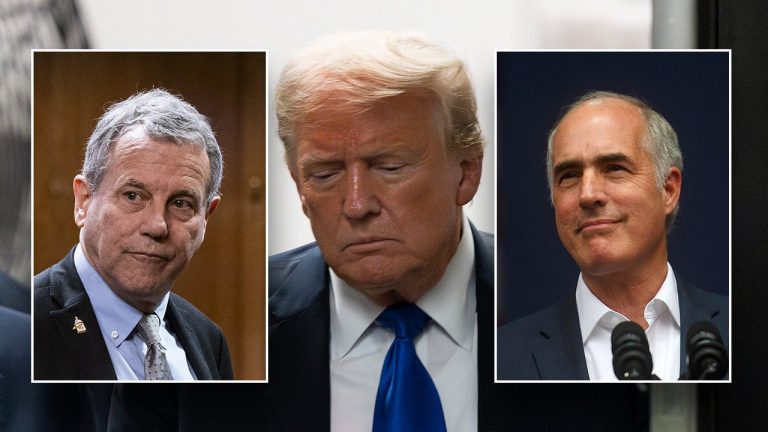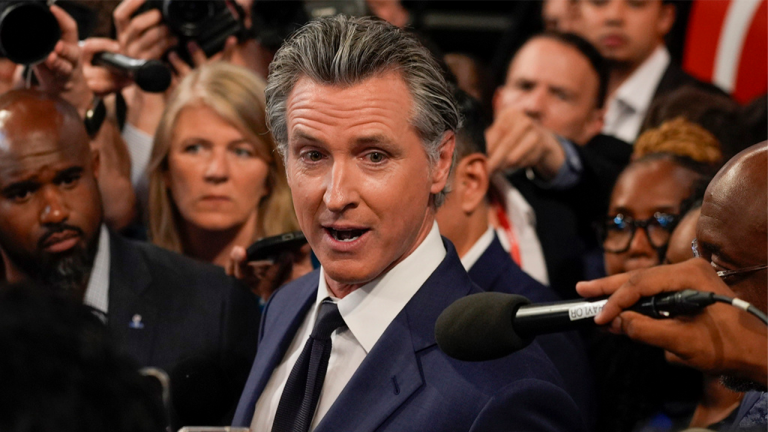Schumer pushes bill to remove Trump’s immunity from Supreme Court decisions
Senate Majority Leader Chuck Schumer, D-N.Y., made a bold move to advance President Biden’s Supreme Court overhaul plan by introducing a measure aimed at stripping immunity from former President Trump. This action comes on the heels of last month’s Supreme Court ruling in favor of Trump, which granted significant immunity to former presidents for their actions while in office. Schumer’s proposed legislation, known as the “No Kings Act,” seeks to clarify that presidents are not entitled to immunity from criminal prosecution for their actions in office, despite the Supreme Court’s ruling.
In a statement, Schumer emphasized the dangers of the Supreme Court’s decision, stating that it undermines the very foundation of democracy and the will of the American people. He criticized the Court for essentially anointing presidents as kings above the law, in direct contradiction to the principles established by the Founding Fathers. Schumer argued that it is Congress’s constitutional duty to act as a check and balance to the judicial branch in the face of such partisan overreach.
The legislation, which has gained support from 34 Democratic co-sponsors, including vulnerable incumbent Democratic Senators Bob Casey and Tammy Baldwin, is part of President Biden’s broader Supreme Court proposal. Alongside the immunity-stripping measure, the proposal also includes calls for justice term limits and an enforceable code of ethics within the Supreme Court.
Schumer’s bill aims to declare that former presidents and vice presidents do not have legal immunity if they violate federal law while in office or in an official capacity. It would shift the authority to address challenges to the law’s constitutionality from the Supreme Court to the United States District Court for the District of Columbia, with the United States Court of Appeals for the District of Columbia Circuit holding appellate jurisdiction.
Despite the strong support from Democrats, Schumer’s legislation is expected to face significant hurdles in the Senate, as it would require a 60-vote threshold to overcome a filibuster, a feat unlikely to be achieved without Republican support. The legislation’s prospects in the Republican-controlled House of Representatives are even dimmer, where it is unlikely to make it to the chamber floor for a vote.








